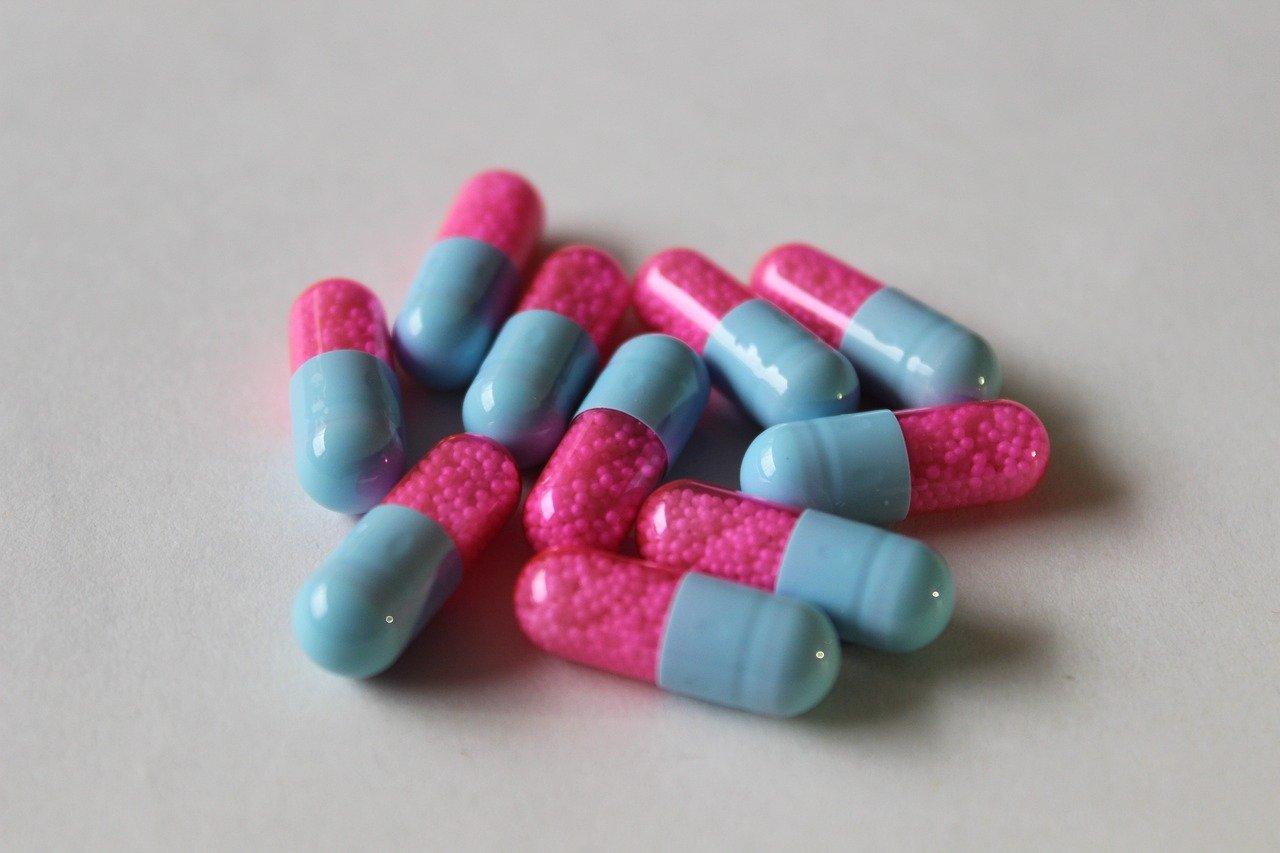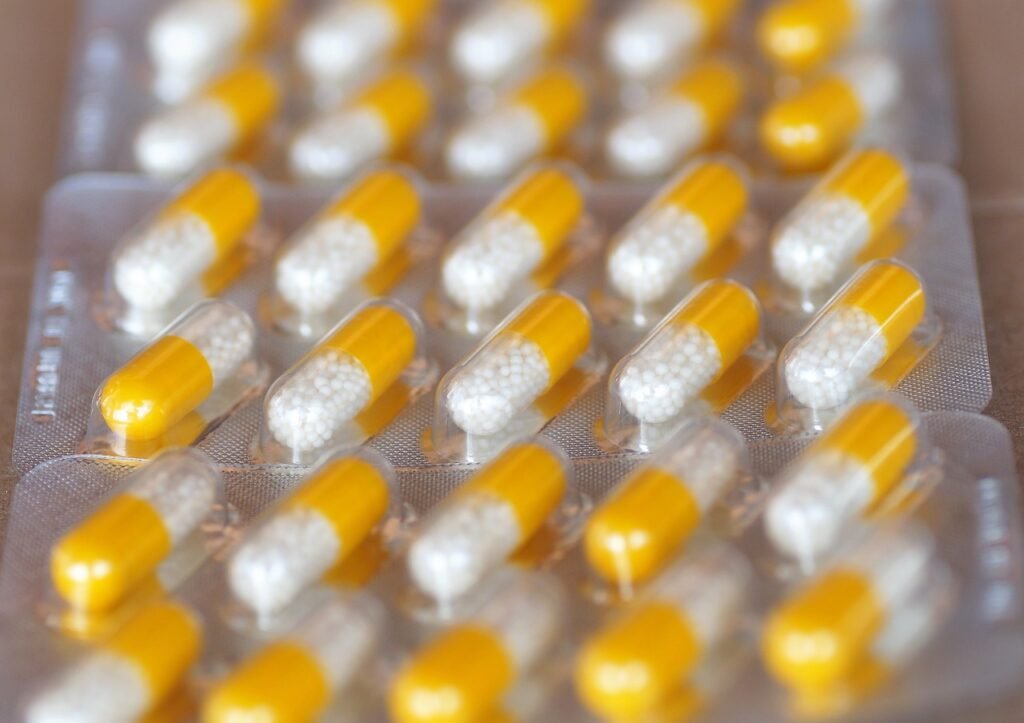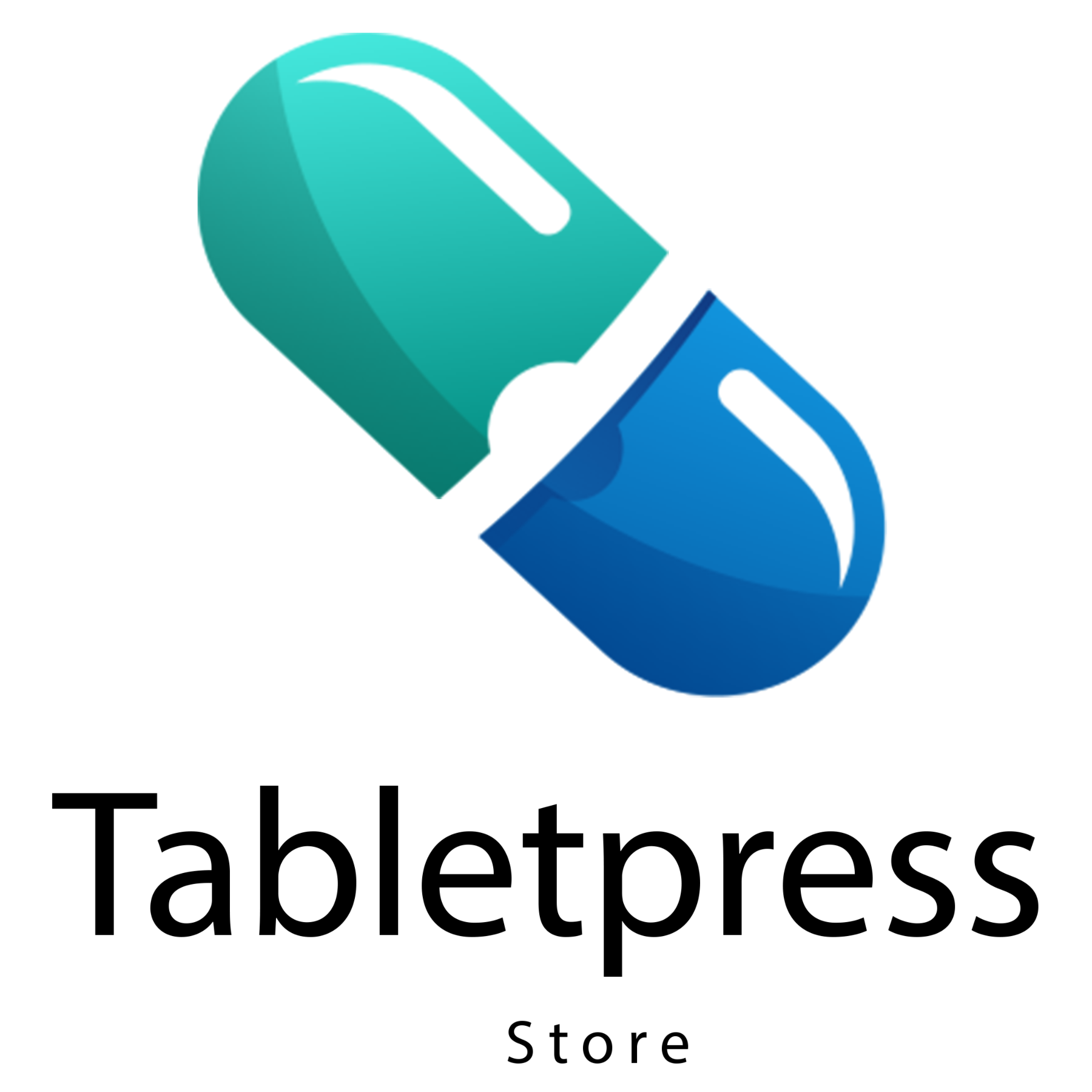Comparison between eccentric and rotary presses: The right choice for tablet production
Die Herstellung von Tabletten ist ein komplexer Prozess, bei dem die Wahl der richtigen Pressmaschine entscheidend ist. Ob in industriellen...
WORLDWIDE SHIPPING - Order now

The production of pills, also called tablets, is a complex process that involves several steps. From the raw material to the finished pill you can buy at the pharmacy, precise technology is needed to ensure that each tablet maintains its potency, dosage and quality. The pill pressing process is not only technically demanding, but also vital to the pharmaceutical industry, as it forms the basis for the production of many drugs. Below we provide a detailed overview of the entire pill manufacturing process - from powder to finished pill.
The production of a pill begins with the selection of raw materials. These can consist of various chemical compounds, including active ingredients, fillers, and binders. The active ingredient is the substance that produces the therapeutic effect of the medication, while fillers (such as lactose or starch) are used to increase the volume of the pill and make it manageable. Binders ensure that the pill holds together and does not crumble into dust. At this stage, a precise recipe is developed that specifies how much of each substance must be in the pill.
Once the raw materials have been selected, they are mixed. This is done in special mixing equipment that ensures that all the ingredients are evenly distributed. This step is crucial because an uneven mixture can lead to different dosages and therefore undesirable results. Mixing can take several hours and the mixture must be checked regularly to ensure that the correct consistency and homogeneity is achieved.
The next step in the process is granulation, where the mixed powder is converted into larger particles or granules. This is done by adding liquids such as water or solvents that bind the powder together. Granules have the advantage of being easier to process and having better flow property, making them suitable for the next step of tablet manufacturing. Granulation can be done by different methods such as wet granulation or dry granulation, depending on the requirements of the final product.

The granules must then be dried to remove excess moisture. This is important to ensure that the tablets do not spoil or stick together when pressed. Drying is often done in special dryers where warm air is circulated to reduce moisture. After drying, the granule moisture is checked to ensure it meets specified requirements. Too much moisture could affect the strength of the tablet, while too little moisture could make the granules brittle and difficult to process.
The granules are then placed in the tablet press. The granules are placed in special molds (tools) that press the powder into solid pills. In the tablet press, the granules are compressed under high pressure. This step is crucial for the final shape of the tablet and its stability. The tablet press can work with different settings, depending on how thick or thin the pill should be. The pressure must be set precisely, as too much or too little pressure can either break the pill or make it too loose.
Some tablets are coated to protect them from external influences such as moisture or light, or to mask the taste. The release of the active ingredient can also be controlled by a special coating so that the tablet breaks down more slowly or over a longer period of time. Coating can be done by various methods, such as spraying a solution or dipping the tablets in a coating liquid. This step is not necessary for all tablets, but is often used with certain medications or vitamin supplements.
Before the tablets are packaged, they go through a series of tests to ensure that they meet quality requirements. These include tests for strength, breaking strength, dissolution rate and uniformity of the active ingredient content, among others. One important test is the breakage test, where the tablet is subjected to a certain amount of pressure to check whether it breaks or retains its shape. Dissolution rate is another important test to ensure that the active ingredient is released within a specified period of time. Quality control also includes checking the size, weight and color of the tablets.
After successful quality control, the tablets are transferred to their final packaging. Packaging is important not only to protect the tablets but also to label them properly. Important information such as the name of the product, dosage, ingredients and expiration date can be found on the packaging. The tablets can be filled in blister packs, bottles or other types of packaging. In modern manufacturing processes, packaging is often automated to save time and costs and ensure efficient delivery of the medication.
After the tablets are packaged, they are transported to storage locations where they await delivery. During this phase, the tablets must be stored under controlled conditions to maintain their quality. This means closely monitoring temperature and humidity to ensure the tablets do not spoil or lose their potency. Once the tablets leave the storage location, they are shipped to pharmacies, hospitals or other distribution channels so they are available to the final consumer.
The production of a pill, from powder to finished tablet, requires precise and well-coordinated work at every stage of the process. From mixing the raw materials to packaging and delivery, all steps must be closely monitored to ensure that the pill achieves its intended effect and is safe to use. Every stage in the production process, be it granulation, pressing or quality control, plays a key role in ensuring the safety and effectiveness of the tablet. Tabletpress-store Find all the equipment you need to create a cure now!
Die Herstellung von Tabletten ist ein komplexer Prozess, bei dem die Wahl der richtigen Pressmaschine entscheidend ist. Ob in industriellen...
Der Kauf einer Tablettenpresse ist eine strategische Entscheidung für Unternehmen aus der Pharma-, Chemie-, Lebensmittel- oder Nahrungsergänzungsmittelindustrie. Die richtige Maschine...
Der Einsatz einer Tablettenpresse erfordert nicht nur technisches Verständnis, sondern auch sorgfältige Vorbereitung und Aufmerksamkeit. Obwohl diese Maschinen für die...
Die Herstellung von Tabletten ist ein komplexer Prozess, bei dem jede Komponente des Tablettenpressens entscheidend für die Qualität des Endprodukts...
